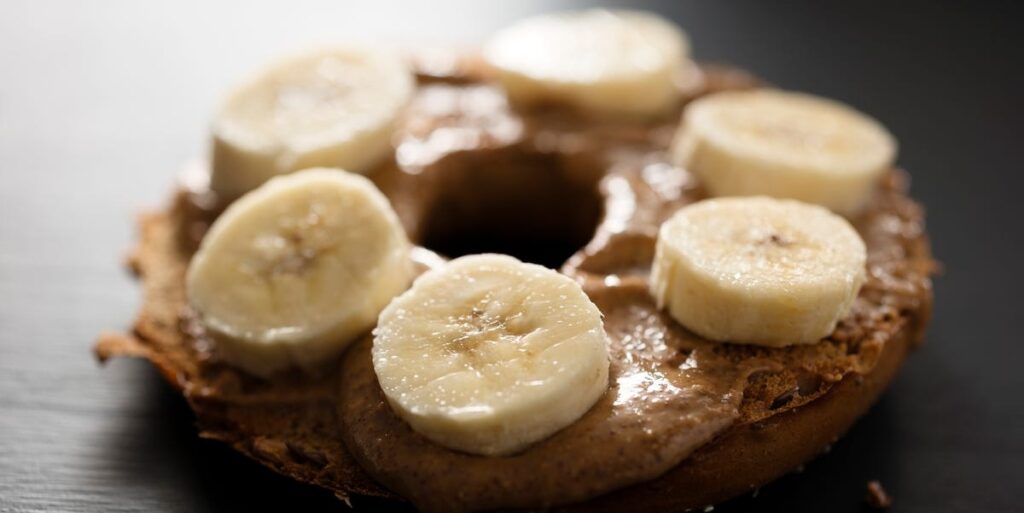Runners understand the critical importance of a well-balanced diet for optimal performance and recovery. However, knowing what to eat and when can be quite complex. The art of running nutrition involves not only selecting the right foods but also managing the timing and combinations of those nutrients to support running endeavors. Expert sports dietitian, Renee McGregor, shares actionable insights on how to properly fuel before and after a run, ensuring athletes maximize their training efforts.
Understanding Pre-Run Nutrition
For runners planning a long run or high-intensity workout, nutritional considerations should begin at least 24 to 36 hours in advance. This preemptive strategy is crucial for maximizing energy stores and performance. Carbohydrates play a vital role in this process; it’s essential to focus on meals rich in quality carbs. A sample 24-hour meal schedule leading up to a long run might include a toasted bagel with peanut butter and banana for breakfast, a jacket potato with tuna for lunch, and a tofu stir-fry with rice for dinner, followed by a light snack before bed. This thoughtful approach ensures your glycogen stores are primed for your training session.
Nutrition for Morning Runs
Morning runs can streamline a day packed with responsibilities, yet they pose unique challenges regarding nutrition. Ideally, runners should consume 1 to 1.2 grams of carbohydrates per kilogram of body weight before heading out for sessions lasting less than an hour. Ideal pre-run options can include toast, Scotch pancakes, or bananas paired with yogurt. If solid food feels too heavy in the early hours, a homemade sports drink made from diluted fruit juice may provide the necessary energy while being easier to digest.
Timing: When to Run After Eating
While ensuring adequate fuel is essential, running immediately after eating can lead to gastrointestinal discomfort. A safe timeframe to wait after a small meal or snack is about one to two hours, while larger meals may require three to four hours for comfort and performance. Patience in this context is key to preventing cramps or indigestion when hitting the pavement.
The Rise of Fasted Running
Some runners experiment with ‘fasted running,’ which involves training without prior food intake. This growing trend is geared towards teaching the body to utilize fat for fuel rather than carbohydrates. Results indicate that training in a carbohydrate-depleted state may enhance fat metabolism, potentially beneficial for endurance athletes. However, this approach should be undertaken with caution—limited to two or three sessions a week, not exceeding 90 minutes per run at a moderate intensity. It is important to maintain overall carbohydrate intake to ensure sustained performance and recovery.
Refueling After a Run
Post-run nutrition is just as pivotal as pre-run preparation. The recovery window—the 30 minutes after completing a run—presents the perfect opportunity to initiate muscle repair and replenish energy stores. Runners should aim for 1 to 1.2 grams of carbohydrates and about 0.4 grams of protein per kilogram of body weight after training. This could be achieved through snacks like flavored milk with a cereal bar or Greek yogurt with granola. Following a recovery snack, it’s beneficial to consume a well-balanced meal within a couple of hours to support sustained recovery and performance.
Maintaining Nutrition for Continued Success
Nutrition doesn’t stop with a post-run snack; maintaining a consistent and balanced diet throughout the day is essential, especially if your training schedule includes multiple sessions. It’s advisable to spread out carbohydrate and protein intake evenly and consume substantial meals and snacks to facilitate optimal recovery and growth. Runners should listen to their bodies and adjust their nutritional strategies based on individual needs and workout intensity.
By effectively managing pre- and post-run nutrition, runners can enhance their performance, promote quicker recovery, and ultimately align their training efforts with their running goals. To explore more nutrition insights and personalized coaching, visit Renee McGregor’s website, where you can find additional resources tailored for athletes.
